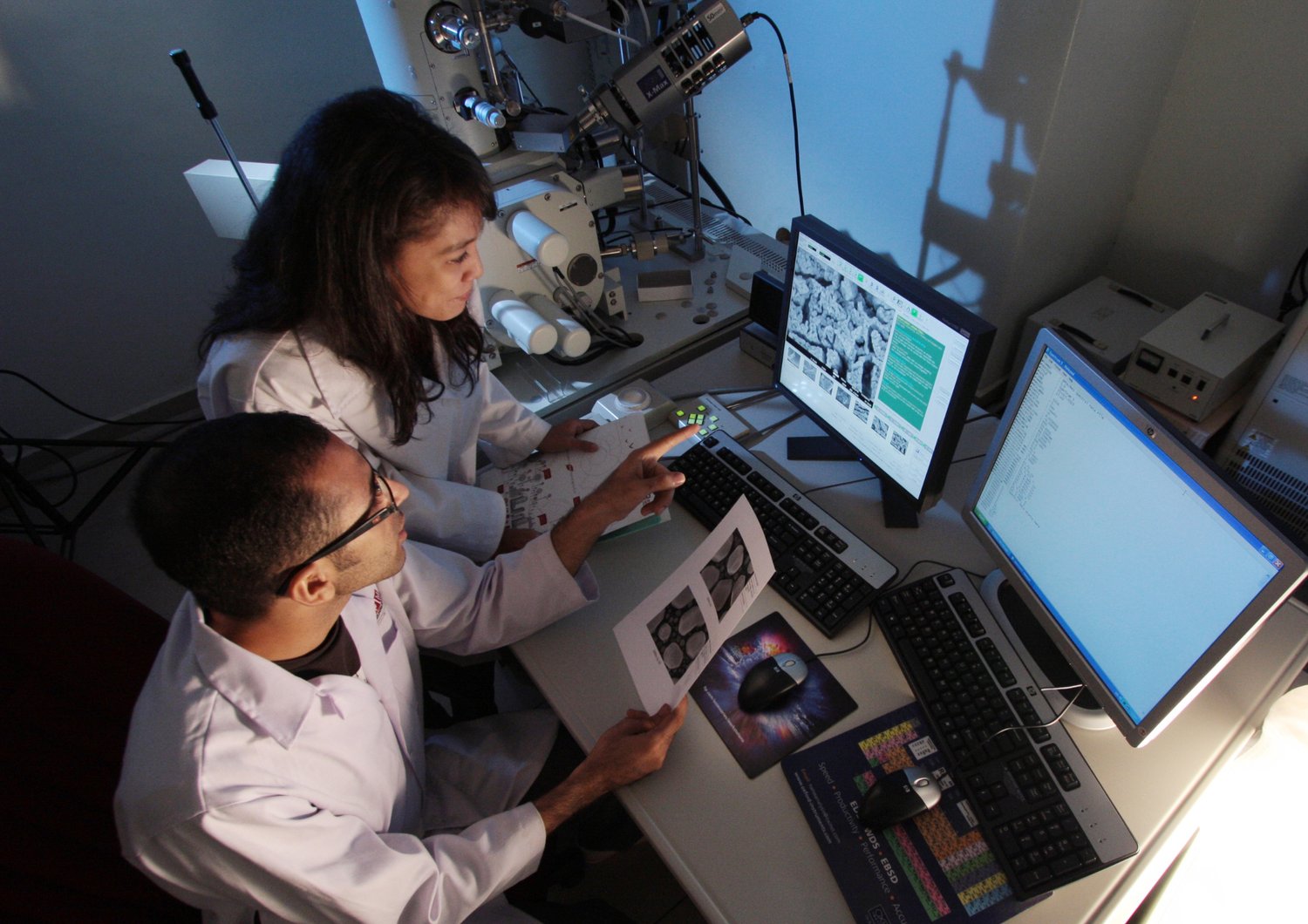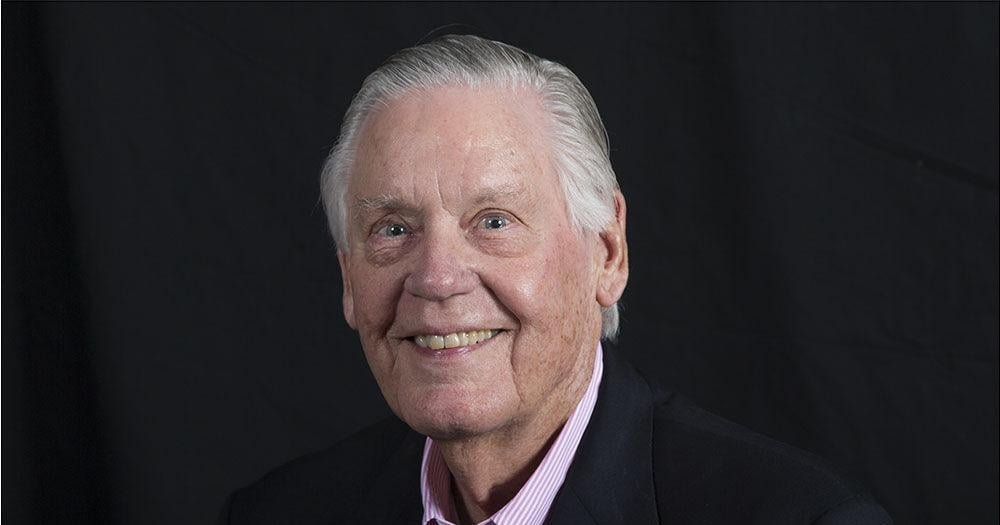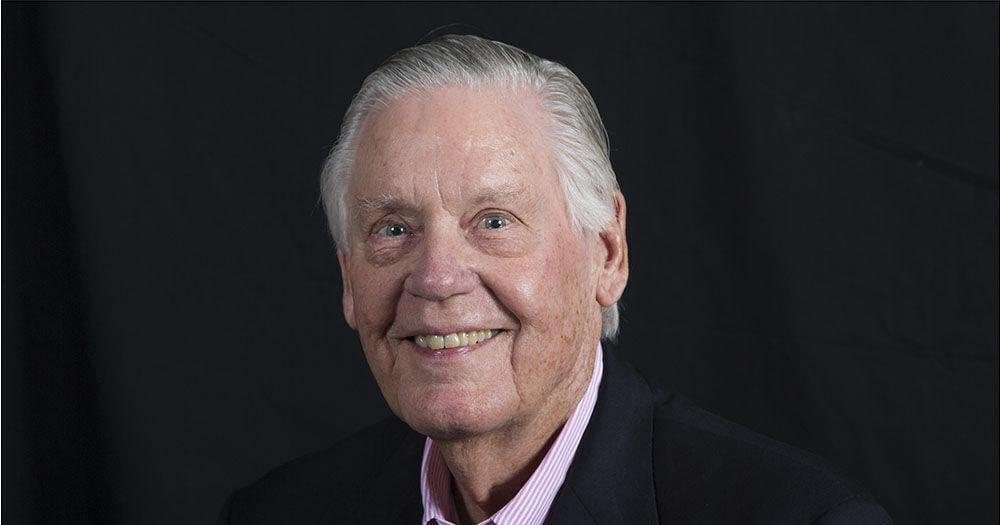AI Research
Page Not Found

Purposes:
Google Marketing Platform
Purposes:
Google uses conversion cookies, whose main purpose is to help advertisers determine how many times people who
click on their ads end up purchasing their products or services. These cookies allow Google and the advertiser
to determine that you clicked the ad and later visited the advertiser’s site. Conversion cookies are not used
by Google for personalized ad targeting and persist for a limited time only. A cookie named ‘Conversion’ is
dedicated to this purpose. It’s generally set in the googleadservices.com domain or the google.com domain (you
can find a list of domains we use for advertising cookies at the foot of this page). Some of our other cookies
may be used to measure conversion events as well. For example, DoubleClick and Google Analytics cookies may
also be used for this purpose.
We also use cookies named ‘AID,’ ‘DSID,’ and ‘TAID’, which are used to link your activity across devices if
you’ve previously signed in to your Google Account on another device. We do this to coordinate the ads you see
across devices and measure conversion events. These cookies may be set on the domains google.com/ads,
google.com/ads/measurement, or googleadservices.com. If you don’t want the ads you see to be coordinated
across your devices, you can opt out of Ads Personalization using Ads Settings.
About Floodlight: Floodlight is the
conversion tracking system for Google Marketing Platform. Like other conversion tracking systems, it consists
of tags that track activity on your site, along with reporting features for adding conversion data to your
reports. It uses a cookie to recognize repeat visits from a specific browser.
Activating this gives consent for us to track advertising and behavioural signals. We adhere to EU user consent policy
that ensures certain disclosures are given to, and consents obtained from, end users in the European Economic Area, the UK and Switzerland.
AI Research
Spotlab.ai hiring AI research scientist for multimodal diagnostics and global health

In a LinkedIn post, Miguel Luengo-Oroz, co-founder and CEO of Spotlab.ai, confirmed the company is hiring an Artificial Intelligence Research Scientist. The role is aimed at early career researchers, postdoctoral candidates, and recent PhD graduates in AI.
Luengo-Oroz writes: “Are you a young independent researcher, postdoc, just finished your PhD (or on the way there) in AI and wondering what’s next? If you’re curious, ready to tackle tough scientific and technical challenges, and want to build AI for something that matters, this might be for you.”
Spotlab.ai targets diagnostics role with new hire
The position will focus on building and deploying multimodal AI solutions for diagnostics and biopharma research. Applications include blood cancers and neglected tropical diseases.
The scientist will be expected to organize and prepare biomedical datasets, train and test AI models, and deploy algorithms in real-world conditions. The job description highlights interaction with medical specialists and product managers, as well as drafting technical documentation. Scientific publications are a priority, with the candidate expected to contribute across the research cycle from experiment planning to peer review.
Spotlab.ai is looking for candidates with experience in areas such as biomedical image processing, computer vision, NLP, video processing, and large language models. Proficiency in Python and deep learning frameworks including TensorFlow, Keras, and PyTorch is required, with GPU programming experience considered an advantage.
Company positions itself in global health AI
Spotlab.ai develops multimodal AI for diagnostics and biopharma research, with projects addressing gaps in hematology, infectious diseases, and neglected tropical diseases. The Madrid-based startup team combines developers, engineers, doctors, and business managers, with an emphasis on gender parity and collaboration across disciplines.
CEO highlights global mission
Alongside the job listing, Luengo-Oroz underscored the company’s broader mission. A former Chief Data Scientist at the United Nations, he has worked on technology strategies in areas ranging from food security to epidemics and conflict prevention. He is also the inventor of MalariaSpot.org, a collective intelligence videogame for malaria diagnosis.
Luengo-Oroz writes: “Take the driver’s seat of our train (not just a minion) at key stages of the journey, designing AI systems and doing science at Champions League level from Madrid.”
AI Research
YARBROUGH: A semi-intelligent look at artificial intelligence – Rockdale Citizen
AI Research
YARBROUGH: A semi-intelligent look at artificial intelligence – Henry Herald
-

 Business2 weeks ago
Business2 weeks agoThe Guardian view on Trump and the Fed: independence is no substitute for accountability | Editorial
-
Tools & Platforms4 weeks ago
Building Trust in Military AI Starts with Opening the Black Box – War on the Rocks
-

 Ethics & Policy1 month ago
Ethics & Policy1 month agoSDAIA Supports Saudi Arabia’s Leadership in Shaping Global AI Ethics, Policy, and Research – وكالة الأنباء السعودية
-

 Events & Conferences4 months ago
Events & Conferences4 months agoJourney to 1000 models: Scaling Instagram’s recommendation system
-

 Jobs & Careers2 months ago
Jobs & Careers2 months agoMumbai-based Perplexity Alternative Has 60k+ Users Without Funding
-

 Education2 months ago
Education2 months agoVEX Robotics launches AI-powered classroom robotics system
-

 Podcasts & Talks2 months ago
Podcasts & Talks2 months agoHappy 4th of July! 🎆 Made with Veo 3 in Gemini
-

 Education2 months ago
Education2 months agoMacron says UK and France have duty to tackle illegal migration ‘with humanity, solidarity and firmness’ – UK politics live | Politics
-

 Funding & Business2 months ago
Funding & Business2 months agoKayak and Expedia race to build AI travel agents that turn social posts into itineraries
-

 Podcasts & Talks2 months ago
Podcasts & Talks2 months agoOpenAI 🤝 @teamganassi



